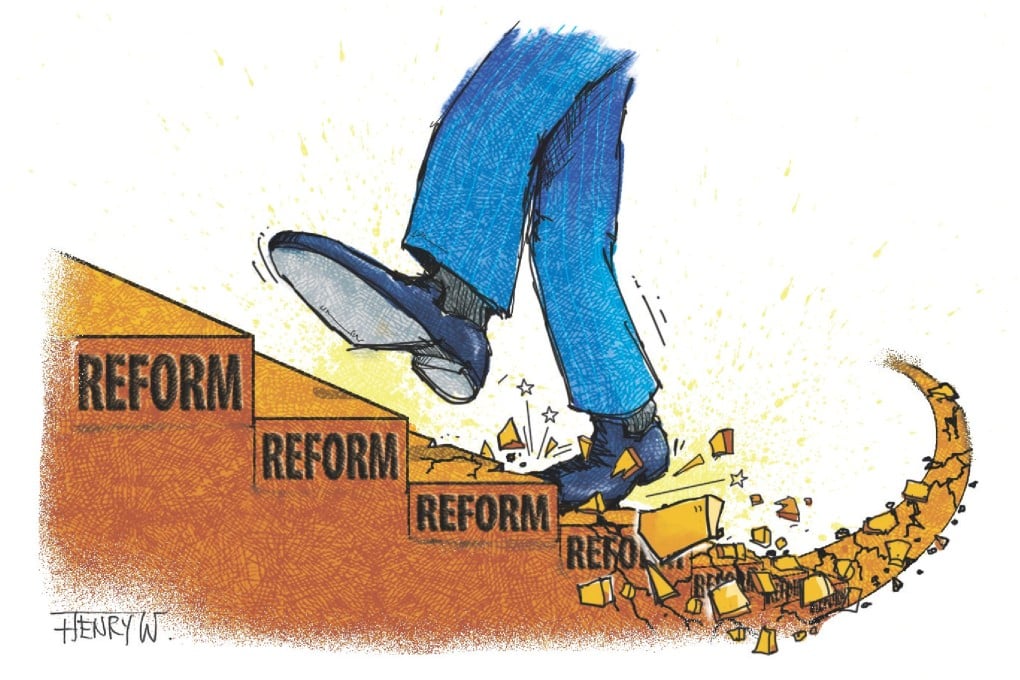Veto of 2017 political reform will bolster Leung Chun-ying's hold on power
David Zweig warns that voting down political reform for 2017 would probably result in a second term for Leung, who has emerged asthe biggest winner from the Occupy movement

Last spring, as we contemplated possible outcomes of the pending political events, including a potential occupation of central Hong Kong, one scenario circulating was that Chief Executive Leung Chun-ying might benefit from a potential political crisis. The events surrounding last week's policy address, including Leung's recent visit to Beijing, and the tone of the address itself, show that the big winner of Occupy Central was Leung himself.
Last summer, and particularly in the early days of Occupy Central, especially after the police used tear gas, Leung's job, and his political future, were hanging by a thread. Those who felt he might survive the week - because Beijing did not want to concede to political pressure on issues of personnel - were nevertheless convinced he would retire soon after the Legislative Council vote on political reform.
Now, in retrospect, he might be Beijing's hero. He has led Hong Kong through a very tough crisis and, with patience and excellent work by the police, he won the day for the central government. The leaders of Occupy Central are being called in and some may spend time in jail for breaking the law. Even the tone in which he presented his points - black and white, movement forward or movement back, no middle ground - and the swagger with which he presented his tough political line, all reflected a confident man who knows that he has the political support of the leadership in Beijing backing him up.
In his policy address, he certainly did not sound like someone who felt politically threatened. Rather, he sounded like someone who was threatening the democratic camp by telling them to smarten up and behave. Obey the law; don't carry out "unlawful acts". He even directly criticised the students and told them that talk about autonomy beyond the control of Beijing, or what Beijing likes to portray as calls for independence, is just not acceptable - it is not scholarly or an academic debate but advocacy for a policy that is simply unacceptable under "one country".
Also, the economic policies laid out in the policy address may help him. More housing for the sandwich class, lots of money for poor pensioners and retirees, and attention to poverty could all enhance his stature and win public support.
Without saying it directly, Leung has put the education sector on notice that a soft form of "enlightenment" may be on the way. He reintroduced a form of "national education" by calling for the "renewal" of the curriculum in Chinese and world history, and saying that the training of teachers will be "enhanced". It sounds like some revision of the content of school teaching materials will take place.
And alternative, less controversial, measures targeted at reforming the way young people think about the mainland are also to be funded. Students should visit the mainland at least twice, once during their primary years, and again during their secondary school time. The number of twinning programmes between Hong Kong and mainland schools should reach 600.
